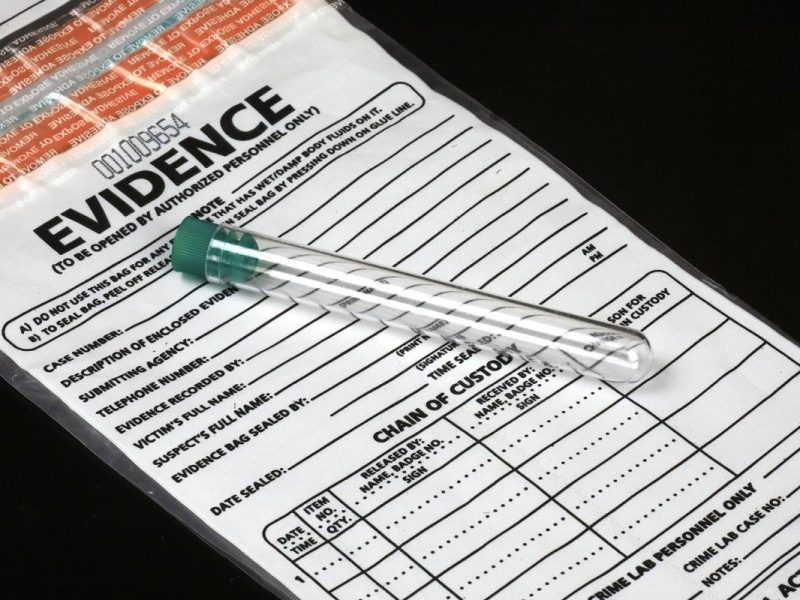HERSHEY, Pa. — It’s not a place anyone wants to need, but if you or a loved one are the victim of sexual assault, the SANE rooms at Penn State Health offer privacy, comprehensive services and compassion at a time when all are most needed.
SANE rooms — or Sexual Assault Nurse Examiner rooms — are special areas set aside for victims of sexual assault so that they can bypass the triage area of the public Emergency Department and get the care they need in the most comfortable atmosphere possible.
“The emergency room can be very loud and chaotic,” said Shannon Kelly, trained SANE nurse at Penn State Health Lancaster Medical Center. “It makes a huge difference for patients to have a separate, private space because they already feel exposed. It’s also great to have all the supplies we need in one room.”
Hospitals are required to provide emergency services and offer sexual assault care, which can be a challenging requirement, especially in rural and underserved communities.
What to expect
Upon arrival, an Emergency Department doctor will do a medical screening to determine if any injuries need medical attention before the patient proceeds to the SANE room.
“The patient can bring someone with them or they can come alone. We also call an advocate from the YWCA who comes to provide support and follow-up resources,” said Nicole Gautsch, director of Nursing Emergency Services at Penn State Health Hampden Medical Center.
In the SANE room, the trained SANE nurse is joined via telehealth by a SANE-certified nurse from the Sexual Assault Forensic Examination Telehealth Center, which is funded by the Department of Justice Office for Victims of Crime.
“The care is very much driven by the patient,” she stressed. “We take a medical history and a description of the incident. We go as slow as they need to go, and we can go back to questions later that are difficult to answer. Our nurses are trained in trauma-informed care, so they can react to the emotions and needs of the patient.”
The process also includes a physical exam where evidence may be collected and/or pictures taken, Gautsch said.
Patients aren’t obligated to talk to police or file a report. They have the right to have a forensic medical examination conducted to collect and preserve evidence of the sexual assault, and the right to consult with a sexual assault counselor from a rape crisis center.
There’s a narrow window of opportunity to collect evidence — 72 hours after a vaginal assault or 24 hours after an oral assault, Kelly said. She encourages victims to seek care as soon as possible, but to come even if the evidence collection deadline has passed because other services can still be offered. They include the possibility of giving emergency contraception and/or treating prophylactically for sexually-transmitted diseases.
The presence of the YWCA advocate ensures that both patient and caregivers are guided through the process and given the resources they may need to call upon once they leave the hospital, Gautsch said.
“It can be just as traumatic for the family as for the patient,” she said. “Some patients don’t want to be treated like a victim, and the advocate can give the family tips on how to be supportive in the best way.”
Stigma persists
Unfortunately, many victims hesitate or never go to the SANE rooms because they feel the assault is their fault.
Kelly said she sees some progress in victims overcoming stigma in the 11 years she has been a trained SANE nurse. “I think more people are reframing what consent and assault are and realizing no, that wasn’t my fault,” she said.
The SANE rooms have a very low-volume use, Gautsch said. Since it opened in October 2021, the SANE room at Hampden Medical Center has seen just five to six cases, and Lancaster Medical Center has seen two cases since opening this fall.
Providers know the need is there, however. Nearly one in three women and one in four men experience some form of sexual assault involving physical contact in their lifetime, according to the National Institutes of Health.
“It’s a privilege and an honor to be someone that patients can trust after the assault,” Kelly said. “I can give them some of their power back and be the first step toward their healing.”
Related content:
The Medical Minute is a weekly health news feature produced by Penn State Health. Articles feature the expertise of faculty, physicians and staff, and are designed to offer timely, relevant health information of interest to a broad audience.
